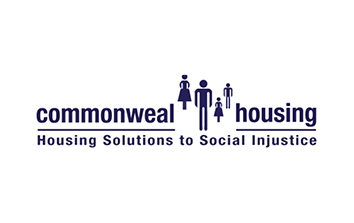Challenge: There are an estimated 2,750 rough sleepers on any one night in England. Over the course of a year, an additional 4,363 people will sleep rough in London – a dangerous and traumatising experience. Rough sleepers often suffer from multiple health conditions, including mental health problems and drug misuse. With social housing shortages reaching record highs and the cost of running supported housing models escalating, local authorities and charities are keen to see more effective solutions to help individuals move on from supported accommodation.
Investable solution: Commonweal Housing is a charity which offers innovative housing and support services. Their ‘Peer Landlord’ project aims to address the current deficit of ‘move-on’ accommodation for previous rough sleepers who are transitioning from high-intervention, high-cost supported accommodation to independent living. This project will test the hypothesis that independent living in a supported shared-housing model can achieve positive social outcomes for former rough sleepers, by improving their confidence and interpersonal skills and, eventually, helping them secure and maintain employment. A syndicate of investors comprising the Bridges Social Entrepreneurs Fund, Esmée Fairbairn Foundation and Trust for London has financed the acquisition of freehold properties that Commonweal is leasing to housing charities on a fixed 5-10 year contract. The charities – Thames Reach and Catch22 – that have helped develop the project will in turn sub-let property to tenants who are transitioning from a supported housing model. Commonweal further aims to generate systemic impact by providing proof of concept for this social housing model, so it can be adopted by other organisations and local authorities.
Impact: At the end of March 2015, occupancy was at 90%, while over 70% of tenants were in education, employment or training.
www.commonwealhousing.org.uk

